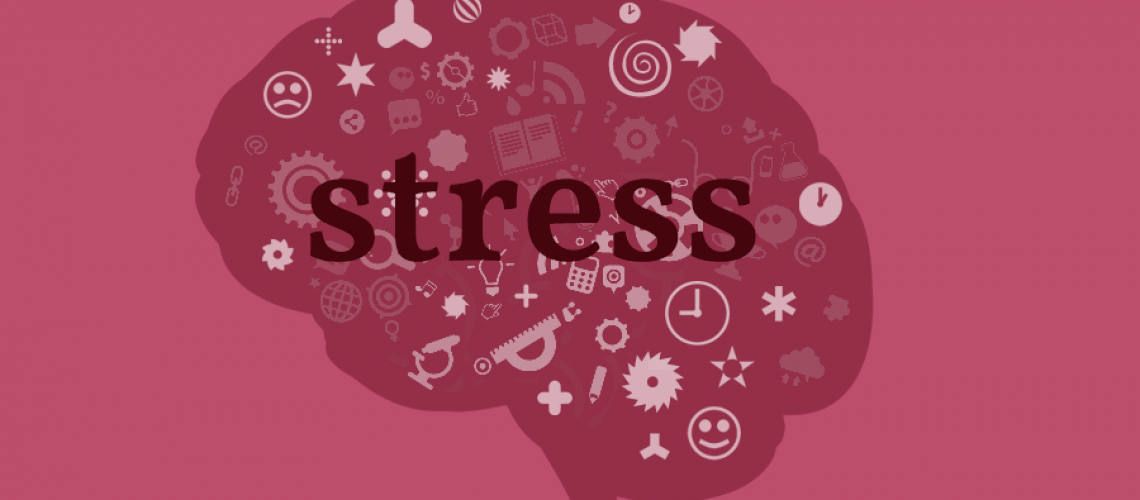We all experience our stress levels rising several times a week or even several times a day. However, it is not the stress itself that is bad for our health. On the contrary, it can occasionally even have a positive outcome and work as a great motivator. It is, in fact, the way we perceive stress that determines how positively or negatively it affects us.
What are the systems in place that cause us to feel stress? Like all our functions, stress originates in the brain. This leads many of us to believe that it is a mental process that occurs outside of our control.
Most medical advice will instruct us to avoid stress to achieve better health, as high stress levels are the leading cause of many illnesses. This has caused us to have developed a subconscious fear of the word itself. Whenever we realise that we’re starting to feel stressed, we begin to panic because we’re telling ourselves that the very experience of this emotion is detrimental to our health. By doing so, not only are we diminishing our capacity to deal with the problem at hand, but we’re adding an additional layer of stress to the already existing tension, as now we’re also worrying about the fact that “I’m feeling stressed AND THIS IS RUINING MY HEALTH!”
The first step in overcoming this is to understand that managing stress is not something that is out of our hands. It is simply a physical reaction that we can easily learn to control with a little bit of practice.
Think of any time you have been stressed about something recently. It could be anything as simple as running late for class.
Now think about the kinds of thoughts going through your head at that time. Have you perhaps told yourself negative things such as ‘I’m not going to make it in time and then I’m going to be in a lot of trouble’…or maybe if you’re preparing for an exam in a subject you are not very confident in, you might be thinking ‘I’m never going to learn all this material in time. I’m going to end up getting very low marks’.
Your brain is not able to tell the difference between what is real and what is imagined. If you convince yourself of a potentially negative outcome, your brain will begin to react accordingly and start sending out the same stress signals to the body that it would as if we were in some kind of danger.
When we stress, our brain begins to produce high levels of a chemical called Cortisol. And that is what makes us panic and react. Your heart rate increases and suddenly your heart is pumping blood much faster. Some people may begin sweating, while others may feel they are having trouble breathing. Everyone may have a different physical reaction but the one thing we all have in common is that our ability to think at that time and handle the situation, is diminished.
Next time you’re feeling stressed, change the word in your mind to ‘perceived stress’. This mentally changes the scary image of stress in your head and forces you to realise that the situation is perfectly in your control. You need to remind yourself that challenges, stressful situations and even failures are a perfectly normal part of life and we just need to deal with them calmly, one at a time. Stress itself is not bad for you but your reaction to it is what can cause you harm. And that reaction is completely in your control!9th


